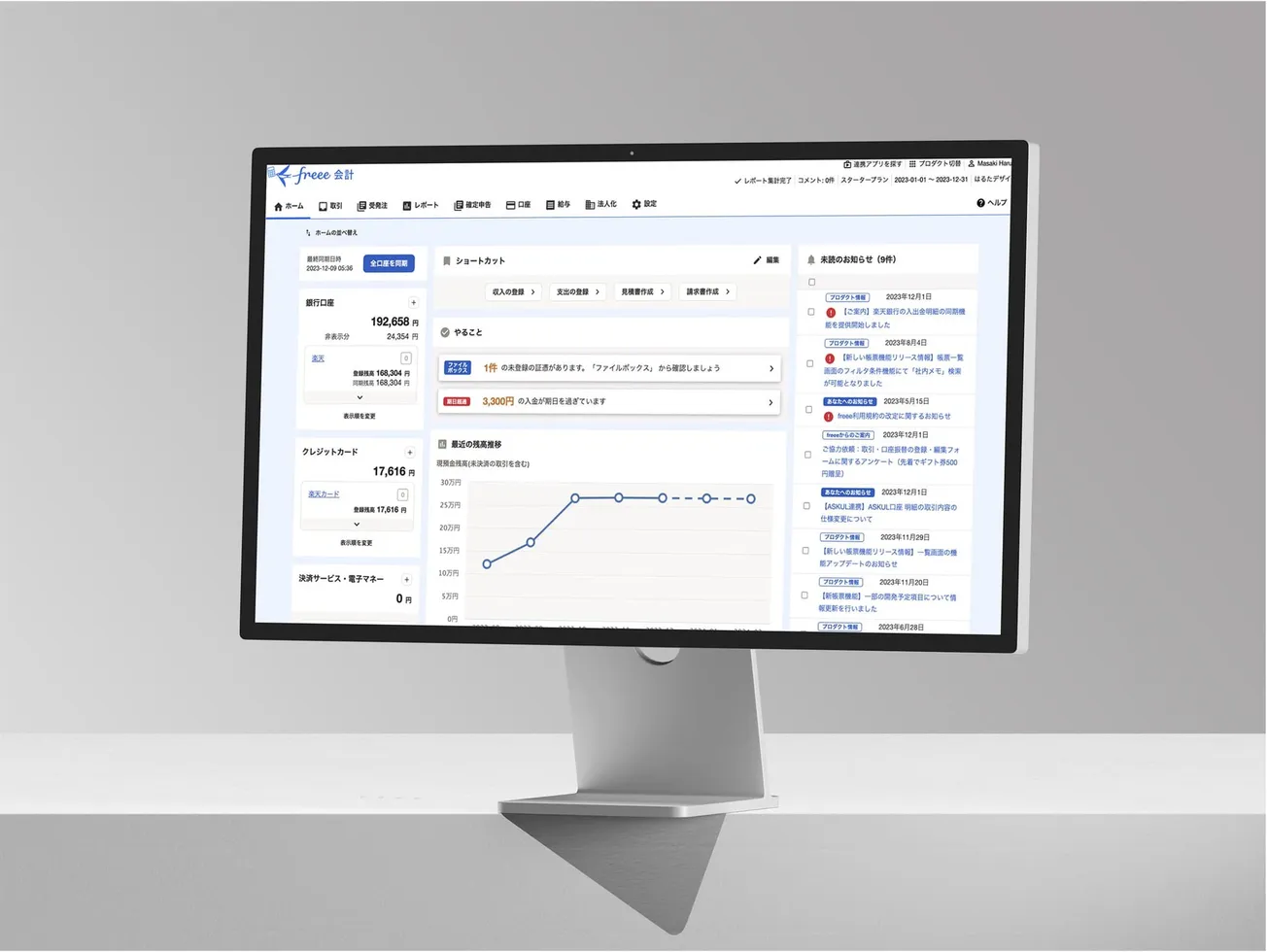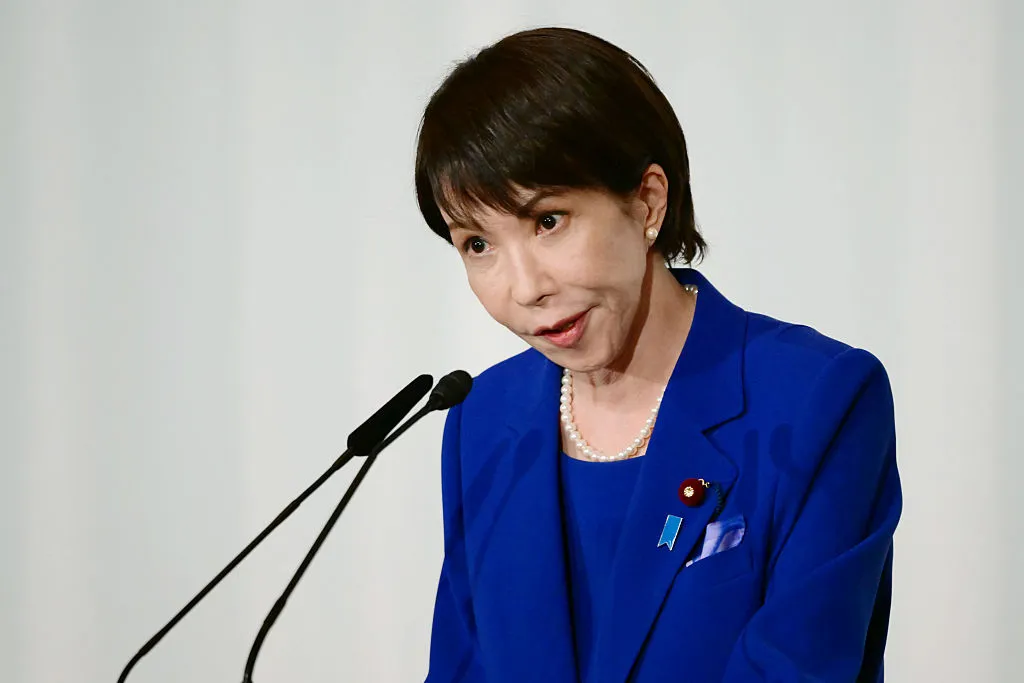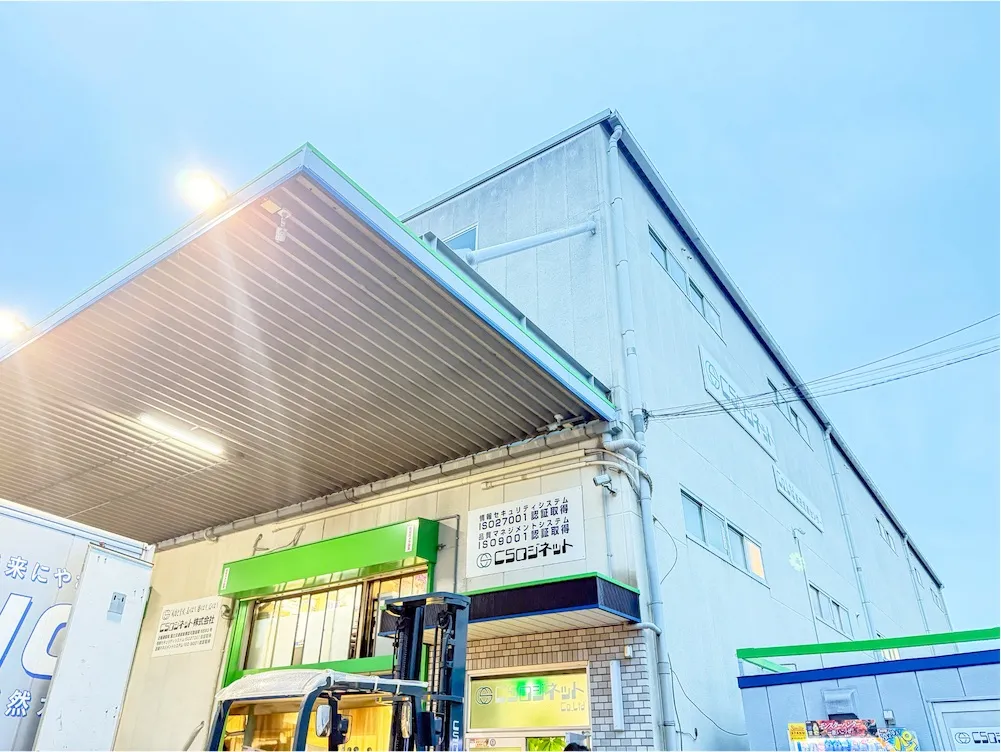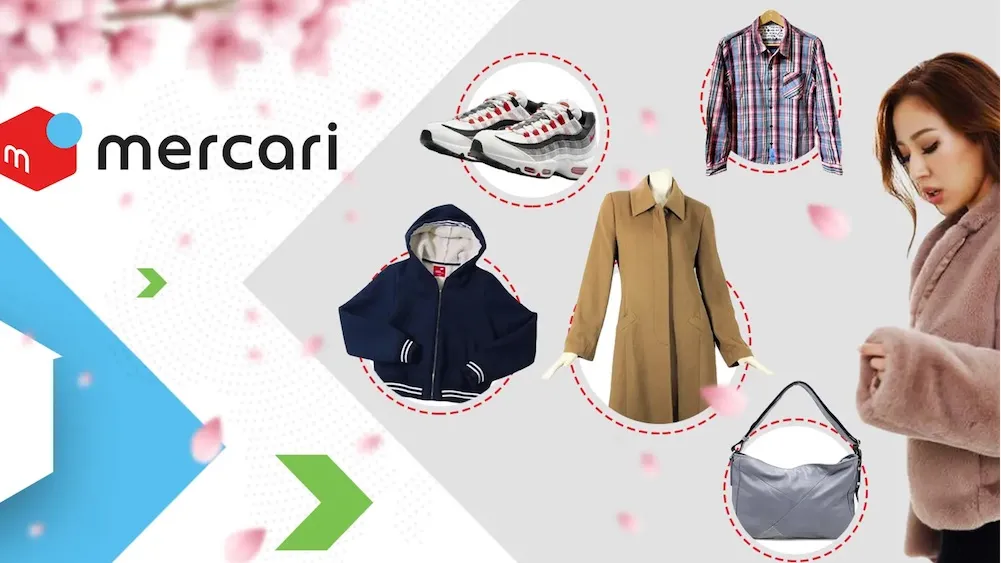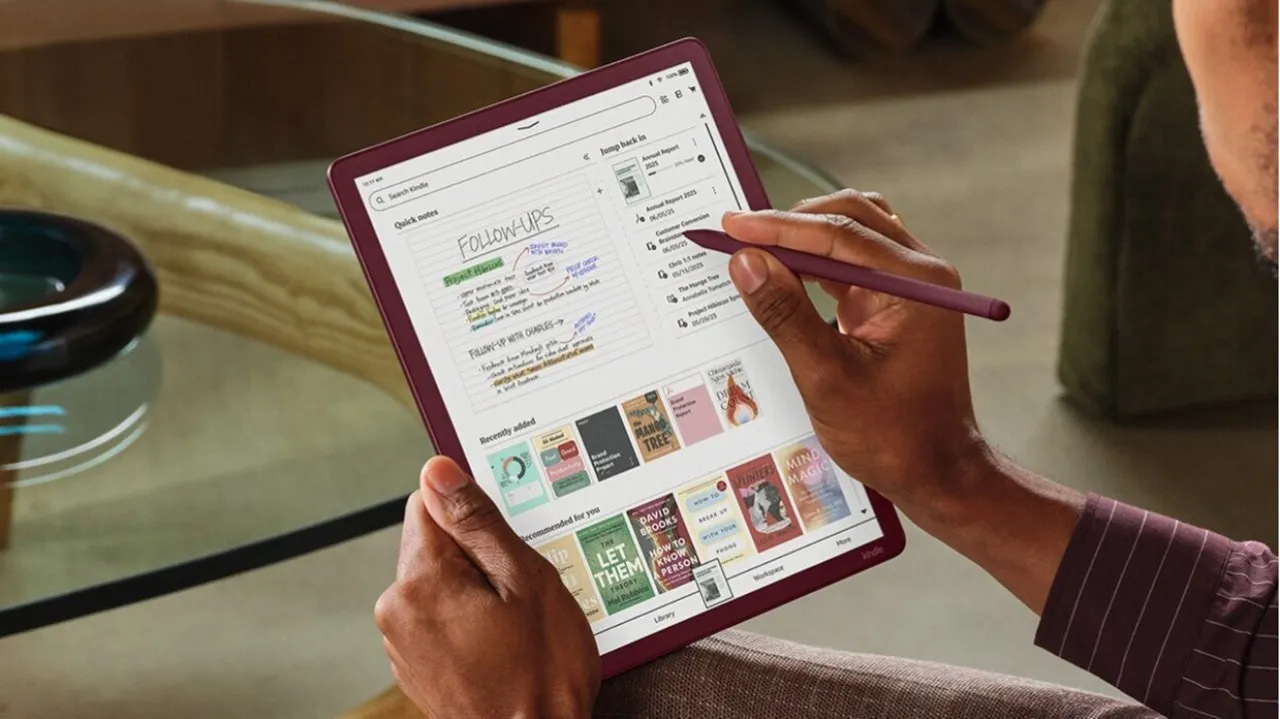Disclaimer: Asian Century Stocks uses information sources believed to be reliable, but their accuracy cannot be guaranteed. The information contained in this publication is not intended to constitute individual investment advice and is not designed to meet your personal financial situation. The opinions expressed in such publications are those of the publisher and are subject to change without notice. You are advised to discuss your investment options with your financial advisers. Consult your financial adviser to understand whether any investment is suitable for your specific needs. I may, from time to time, have positions in the securities covered in the articles on this website. This is not a recommendation to buy or sell stocks.

Summary
- Japanese shareholder activism is booming. The number of activist shareholder proposals has increased exponentially over the past five years.
- It’s easy to find Japanese companies that trade below fair value. But it’s more difficult to find management teams that care about their shareholders. Activists can help convince them to do the right thing.
- I’m impressed by shareholder activists Oasis Management, ValueAct and Symphony Financial. It’s worth paying attention to their fund holdings.
- Among the Japanese stocks currently targeted in activist campaigns, Seven & I, Sumitomo Osaka Cement, JAFCO, Sun Corp, and T. Hasegawa stand out, in my view.


